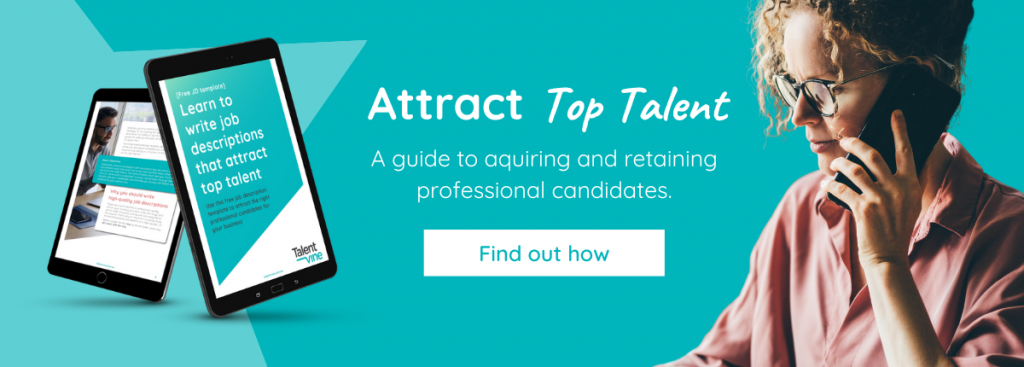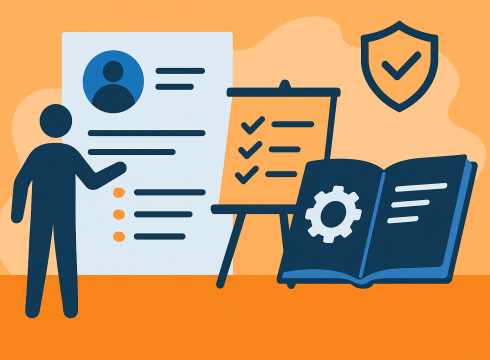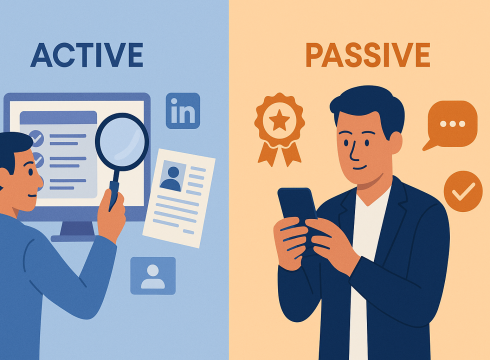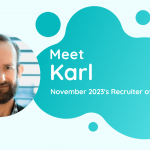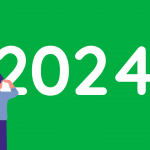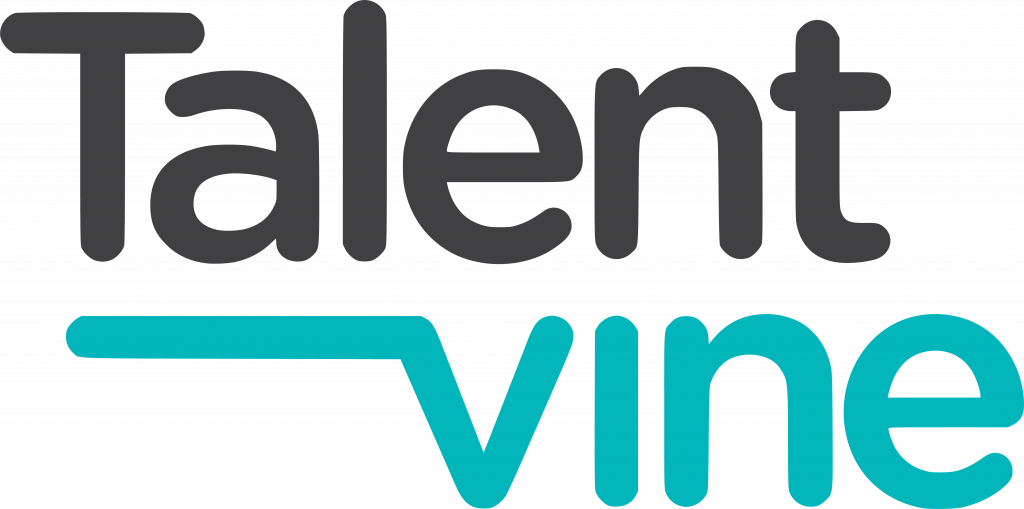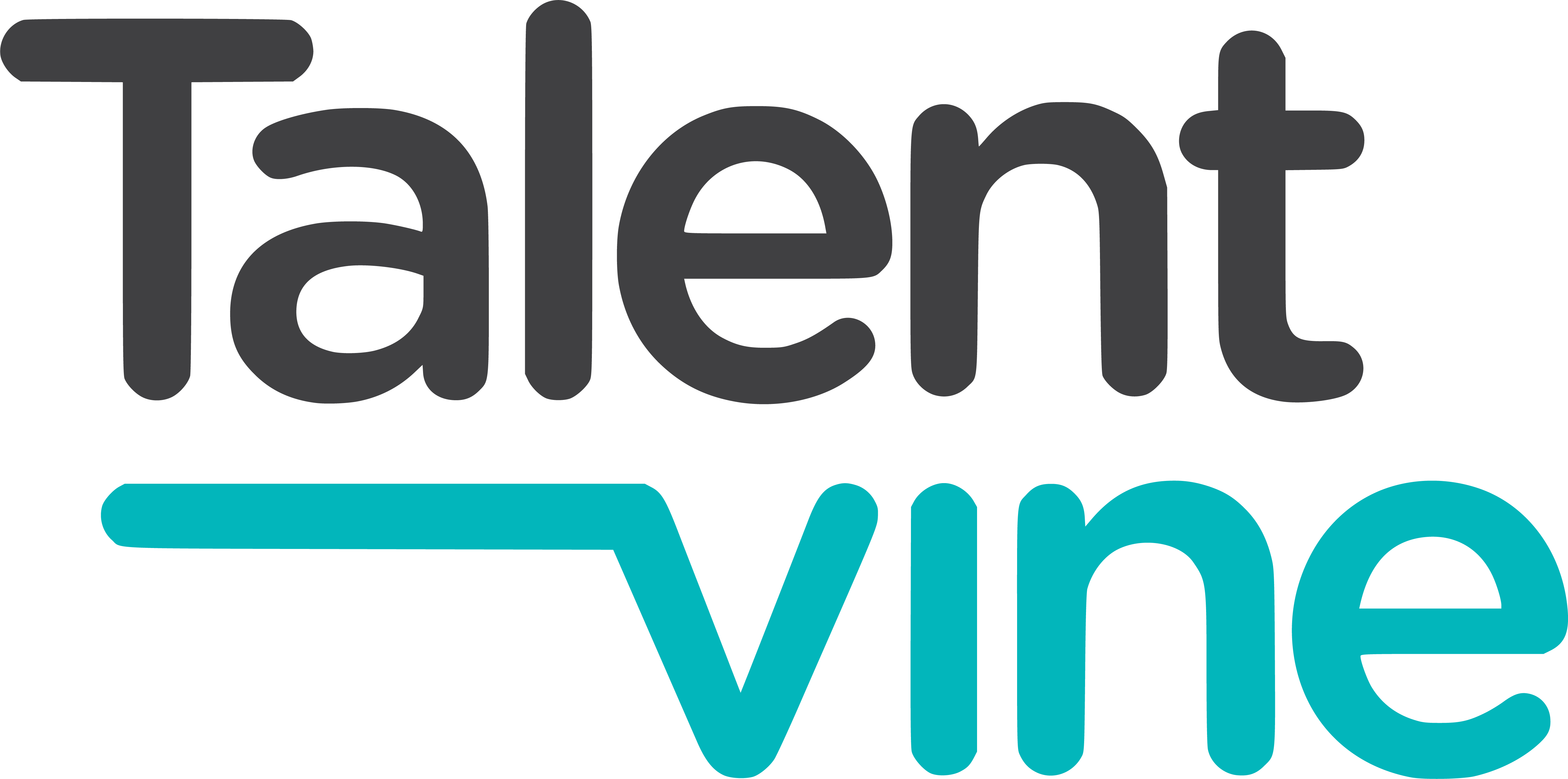As we approach the end of the year, it’s crucial to shine a spotlight on a pervasive issue that often lurks in the shadows of workplaces: burnout. The year-end hustle has left many professionals, including those in HR and Talent Acquisition, feeling the strain. Recognising and addressing burnout isn’t just a compassionate approach; it’s an essential strategy for maintaining a thriving workplace.
Anyone who works in the HR space is likely aware of burnout and the effect it can have on productivity. The condition has been well documented for years and has recently seen a resurgence with both the pandemic and the Great Resignation. The increase in resignations, smaller talent pool, larger volume of open roles, navigating a new hybrid working environment, and the pressure from hiring managers and executives all add to the challenge.
The Real Impact of Burnout in HR and Recruitment
In addition to the standard impact of burnout on productivity, engagement and overall performance, those in TA and HR have the added responsibility of hiring and managing the rest of the workforce.
If the team members who are relied upon to provide vital support to the rest of the employees aren’t able to work effectively, they can contribute to even greater disengagement among those who they look after. Job applicants and candidates will also pick up on the energy, or lack thereof, from the TA team. If the people representing your team are burnt out or have low energy, it reflects negatively on the workload and culture of the organisation. This can lead to new hires being reluctant to join, further contributing to the issue.
Managing the issue of TA and HR burnout is an essential task for any organisation, as it can affect every other team member if not properly addressed. Having an efficient team is key to building a strong culture, managing employee wellness, staff retention, and recruiting new people.
With the challenges facing recruitment in recent times many organisations are choosing to partner with specialist recruiters to assist in hiring critical talent. Their support allows you to access their specialist networks to reach a wider pool of candidates and find the right hire. TalentVine lets you choose from the top recruiters that already have access to these talent pools. Compare rates, reviews, performance and more!
Signs That You Are Suffering from Burnout
In the HR sector, where passion and thoroughness are essential for success, burnout is a real and present danger. Recognising the signs of burnout in yourself is as crucial as identifying it in others. Common indicators include:
- Working more overtime hours than usual
- Working over the weekends
- Mood swings
- Irritability
- Reduced quality of work
- Feeling less social and more isolated
- Fatigue
- Increase in sick/personal days
- Disengagement
- Feeling unusually sensitive
- Being easily upset or angered
- Reduced efficiency
- Lower energy levels
- Decreased motivation
In the HR sector, some other signs that you are experiencing burnout can also include a fixation on task details (rather than the big picture), excessive focus on efficiency above all other key performance indicators, and feelings of helplessness.
Prevention Strategies for Burnout
Assess Workload Honestly
Take an honest look at your workload and evaluate if you are genuinely overloaded. Identify tasks that can be delegated or shared with the team.
Manage Work-Life Balance
While hybrid working offers flexibility, it blurs the line between work and personal life. Establish healthy boundaries, consider turning off notifications after a certain hour, and explore initiatives to promote a healthy work-life balance.
Practice What You Preach
HR professionals need to lead by example. Take advantage of wellness initiatives, ask for help when needed, and actively promote the importance of self-care within the team.
Fostering Burnout Resistance in Your Team
Encourage Open Dialogue
Create a culture where HR professionals feel comfortable discussing their workload and expressing concerns about burnout. Transparency is vital for early intervention.
Promote Work-Life Balance
Reinforce the importance of setting boundaries between work and personal life. Encourage breaks, time off, and using vacation days to recharge.
Flexibility Matters
Recognise that one size doesn’t fit all. Offering flexible work arrangements empowers HR teams to manage their schedules more effectively.
Prioritise Well-being
Implement well-being initiatives such as mental health resources, mindfulness programs, and stress-relief activities. Investing in the health of HR professionals pays dividends in productivity and job satisfaction.
Conclusion
Whether you’re recruiting, onboarding, providing counselling, settling complaints, interviewing, or anything else, the life of TA and HR is centred around looking after others. It can be easy to neglect the needs of the most important person, yourself. Knowing how to identify and prevent burnout in yourself is vital to your own wellbeing, not to mention that of the organisation itself.
The entire recruitment industry is feeling the squeeze right now, and with a higher workload comes the possibility of burnout. Keep in mind that there is always support available, both within your organization and outside. TalentVine can help assist with your hiring needs, putting you in touch with some of the best recruiters available in any industry. Simply post a role, select your recruiters, and be presented with top candidates!

